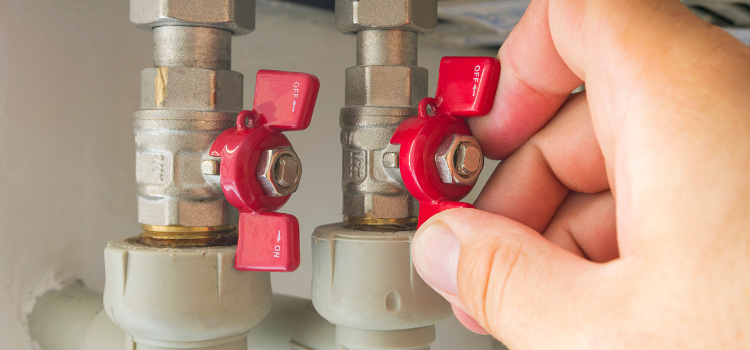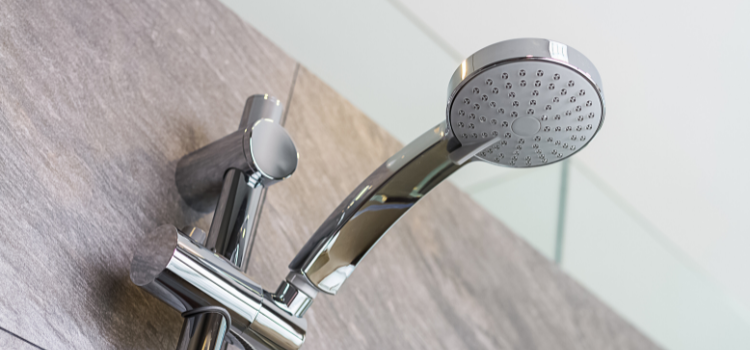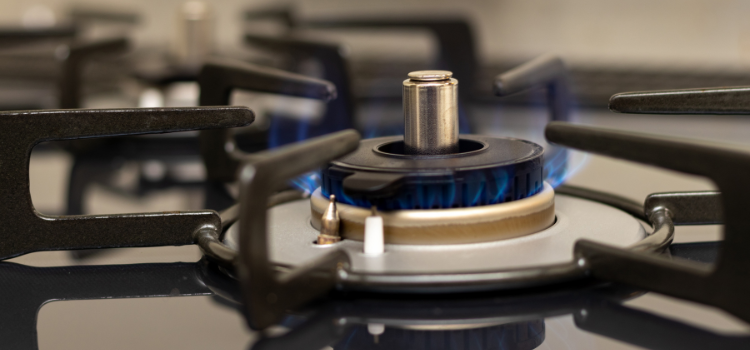The difference between a gasfitter and a plumber
Plumbing and gasfitting are essential services in any home or business, providing clean water and safe gas for cooking, heating, and other everyday tasks. While these two professions may seem similar, they have distinct roles and responsibilities that require specialised knowledge and training.
We explore the differences between gasfitters and plumbers below and when to hire each professional for specific jobs.

What Does a Gasfitter Do?
A gasfitter is a licensed professional who specialises in installing, maintaining, and repairing gas lines and appliances. They work with natural gas or propane, which is used for heating, cooking, and hot water systems. Gasfitters are responsible for making sure all gas installations meet safety standards and are properly vented to prevent leaks or carbon monoxide poisoning.
Gasfitting jobs include:
- Installing gas lines and appliances, such as stoves, furnaces, and water heaters
- Conducting safety checks and maintenance to ensure that gas systems are running efficiently
- Repairing leaks or damage to gas lines and appliances
- Upgrading gas systems to meet modern safety standards
What Does a Plumber Do?
A plumber is a licensed professional who installs and repairs water pipes, drainage systems, and fixtures. They work with a variety of materials, including copper, PVC, and steel, to ensure that clean water is available and wastewater is removed efficiently.
Plumbing jobs include:
- Installing and repairing water pipes, including supply and drainage systems
- Fixing leaks, clogs, and other issues with plumbing fixtures such as toilets, sinks, and showers
- Installing and repairing water heaters, including tankless and traditional models
- Inspecting and maintaining plumbing systems to ensure they are functioning correctly

Gasfitter vs Plumber
One of the main differences between gasfitters and plumbers is the materials they work with. Gasfitters deal with natural gas or propane, which is highly combustible and can be dangerous if not handled properly. Plumbers, on the other hand, work with water, which is generally considered a safer job.
In Australia, plumbers and gasfitters are required to hold separate licences and qualifications as they are considered separate trades.
To become a licensed plumber, you would typically need to complete a Certificate III in Plumbing as part of an apprenticeship, which covers areas such as drainage, roofing, and gasfitting.
On the other hand, to become a licensed gasfitter, you’d need to complete a Certificate III in Gasfitting in conjunction with an apprenticeship, which covers areas such as gas installation, maintenance, and repair.
It's worth noting that in some Australian states, such as Queensland, plumbers are also required to hold a gasfitting licence if they wish to work with gas installations or appliances.

When to Hire a Gasfitter or Plumber
Knowing when to hire a gasfitter or plumber can be challenging, but it's essential to ensure that the job is done correctly and safely. Here are some situations when you might need a gasfitter or plumber:
- Gasfitter: If you’re installing a new gas line or appliance, need to repair or upgrade your existing gas system, or suspect a gas leak, you should contact a gasfitter.
- Plumber: If you have a leaky faucet, clogged drain, or need to install new plumbing fixtures or water heaters, a plumber can help. Plumbers can also perform routine maintenance on your plumbing systems to prevent issues from occurring in the future.
In conclusion, gasfitters and plumbers both play vital roles in ensuring that your property has access to clean water and safe gas. While both professions may seem similar, they have distinct roles and responsibilities that require specific knowledge and training. Knowing when to hire a gasfitter or plumber can help ensure that the job is done correctly and safely.
If you're in need of a gasfitter or plumber, be sure to do your research and find a licensed professional with the necessary qualifications and experience.
Further Reading
- How Much Does It Cost to Hire a Plumber? | 2023 Cost Guide
- Why You Should Never Pour Grease Down the Drain
- 4 Things to Remember for Your Next Kitchen Renovation